The Stuart Croft Interview: 2020
The Boar conducted its yearly interview with the University of Warwick vice-chancellor
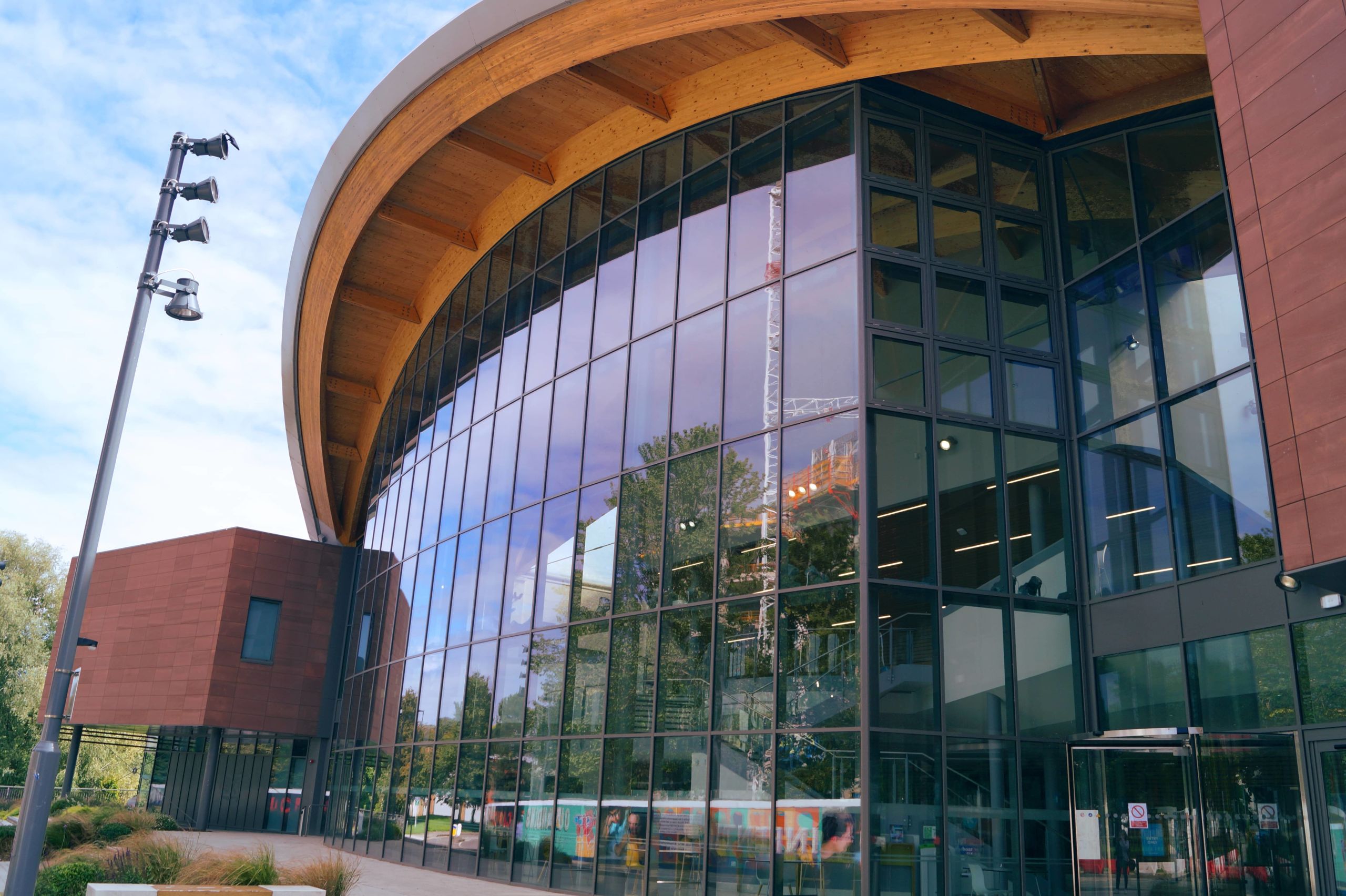
The interview was conducted on Thursday 10 December in collaboration with RAW
Professor Croft was asked questions on topics including racism, the ShameOnYouWarwick protest and the effects of Covid-19 on university life.
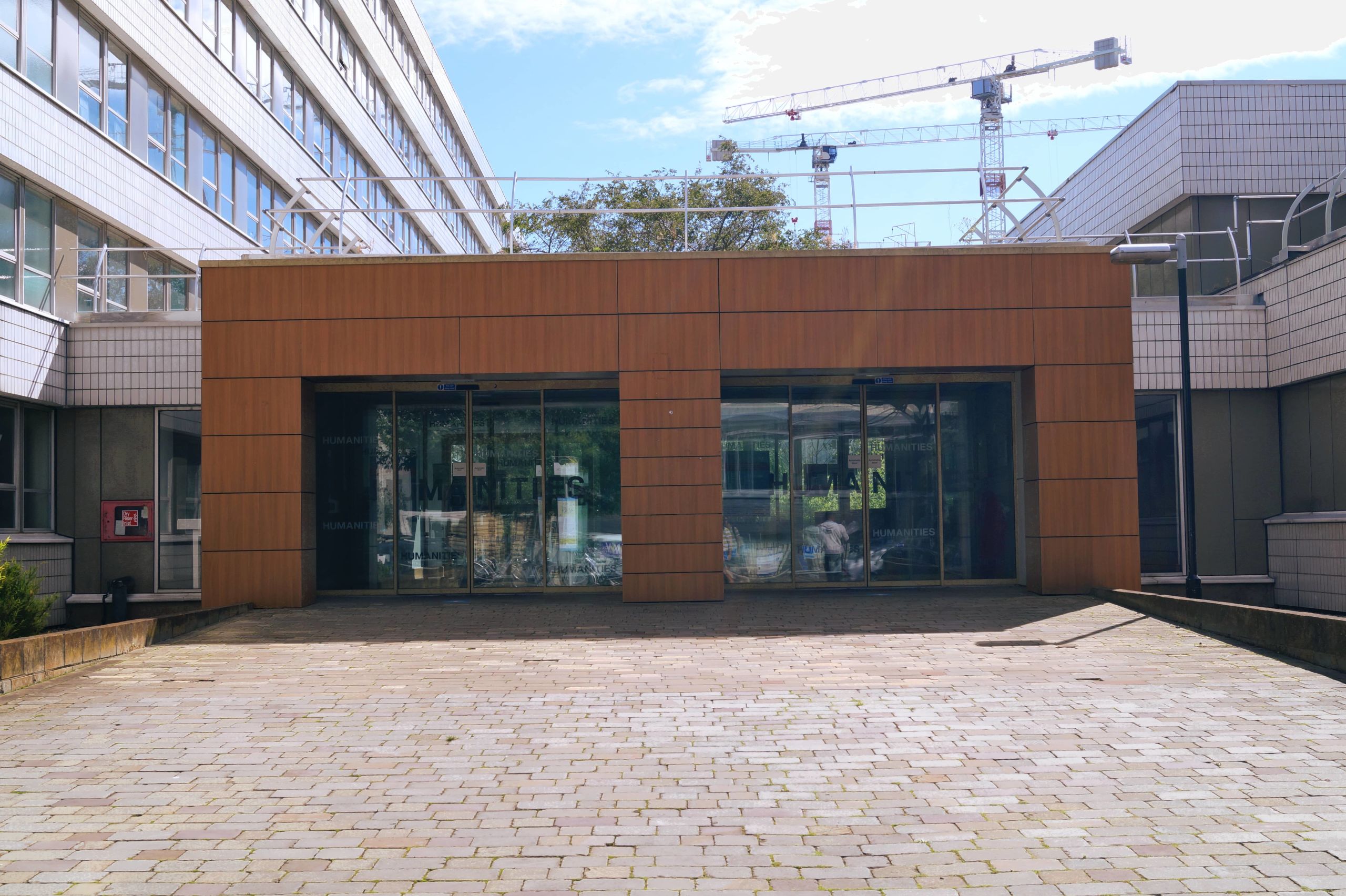
Following the ShameOnYouWarwick protest how can students be sure that Warwick's attitude towards rape & sexual harassment has improved since the Group Chat Incident?
"These are really difficult and important issues. There's a lot of work still ahead of us. But there is a lot of work that has been done so far, by Warwick as a community. And there's a lot of work that's been done by students involved in that.
There was an external report, an assessor who came in to look at what we were doing and and how we were doing things. There were 30 recommendations that came out of that after the the group chat incident. Of those 30 recommendations, 29 are being implemented at the moment, only one, which has been impacted by Covid, has not and that's about exploring what role transformative justice might be able to play in all this. So what have we done, we've instituted a new policy and victim-led processes.
We brought in the liaison officers and the role of the liaison officer is to support people who are making complaints. We have established both informal and formal routes, sometimes people want to come forward and have an informal way of resolving, sometimes formal, that's not mutually exclusive.
There's a lot of work still ahead of us. But there is a lot of work that has been done so far, by Warwick as a community
What we've also instituted again, looking through what came out of the group chat and looking at the report afterwards was a right of appeal for victims in this as well. So it's not just the victim gets the opportunity to make their case, they can hear what the recommendations are, and then come back if they want to do more. We've built the Report and Support function. I know we've got a lot more work to do.
We've established a lot of training, which of course is incredibly important in this space, we really do need to have people involved in different areas of this work with knowledge, experience and expertise. So at one end we've got the students as part of the registration, there's the values Moodle, with extensive work on sexual misconduct and consent. We've got a lot of work on active bystander training, which is students and staff. There's been training on how to receive a disclosure, which is critically important work. Four panels have been involved in this, both in terms of training on obviously our policy and our processes, but also on definitions and on approaches.
One of the other really important parts of the recommendations from the external review is that we needed to look again at the team and how this whole work could be put together. So we've established a Director of Student Discipline post and filled it. We put more reserve resources into this whole area of work. And we've also developed a pool of specially trained external investigators. So a lot has been done. But there's a lot more still to do. "
Background images: The Boar / Nick Alford
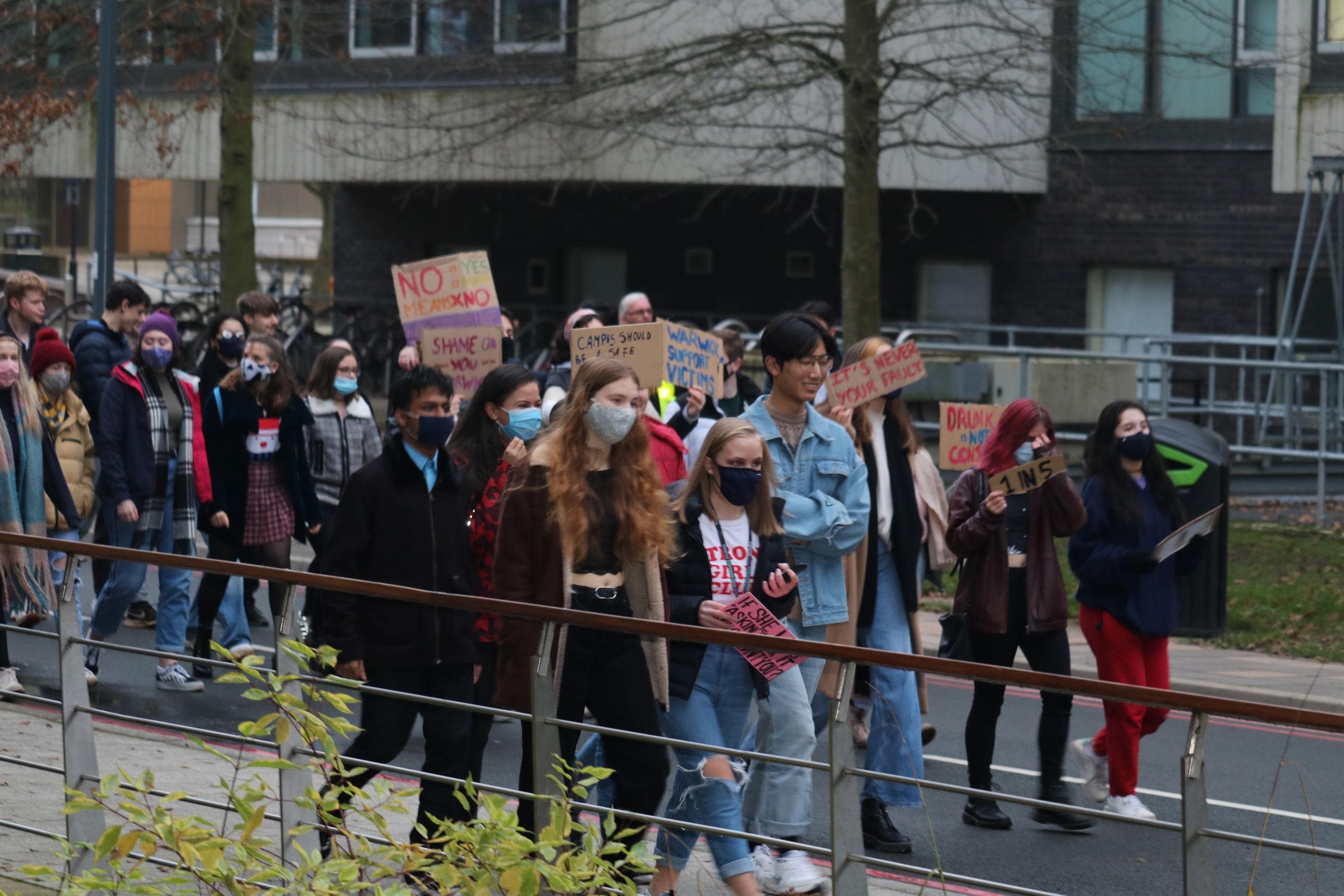
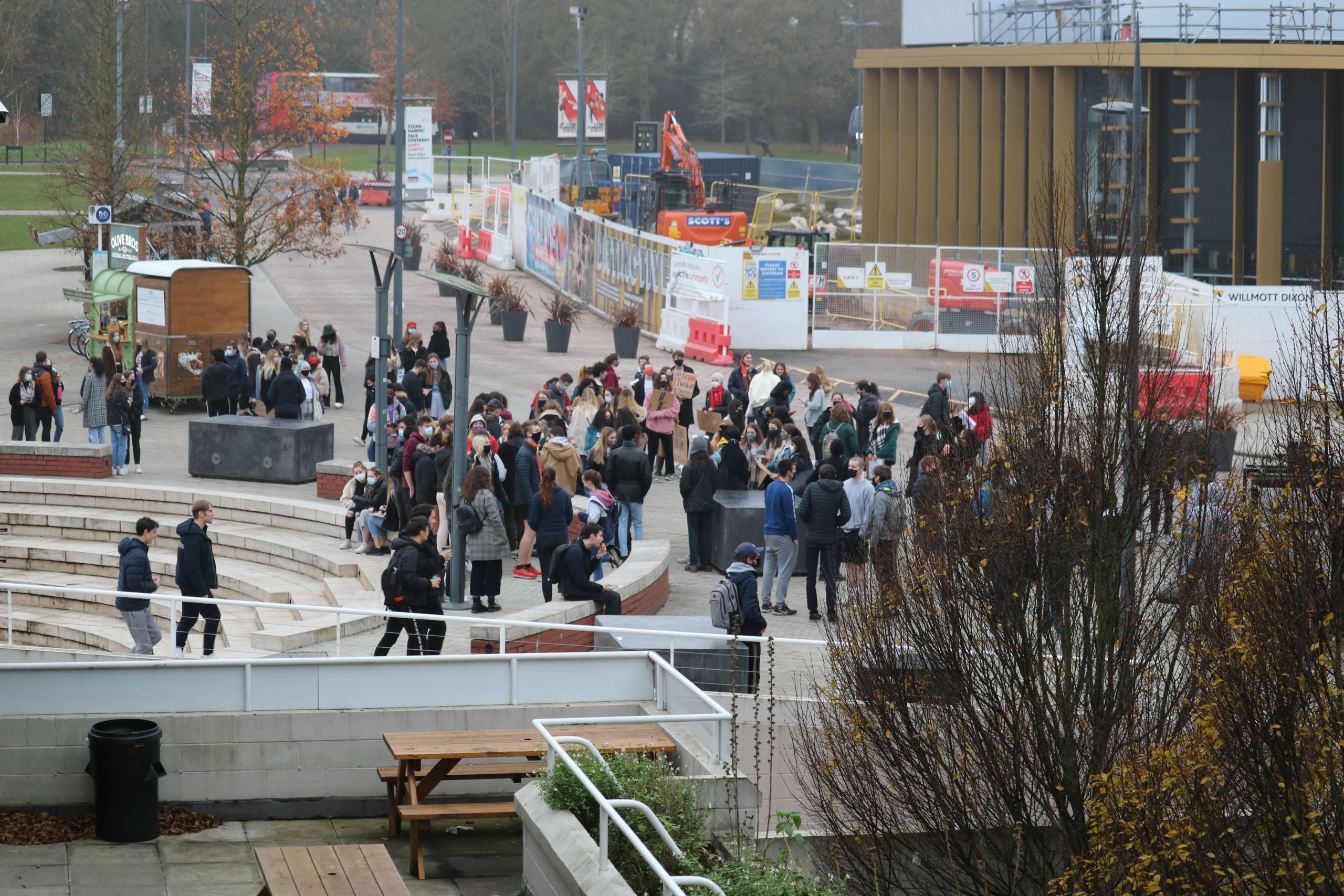
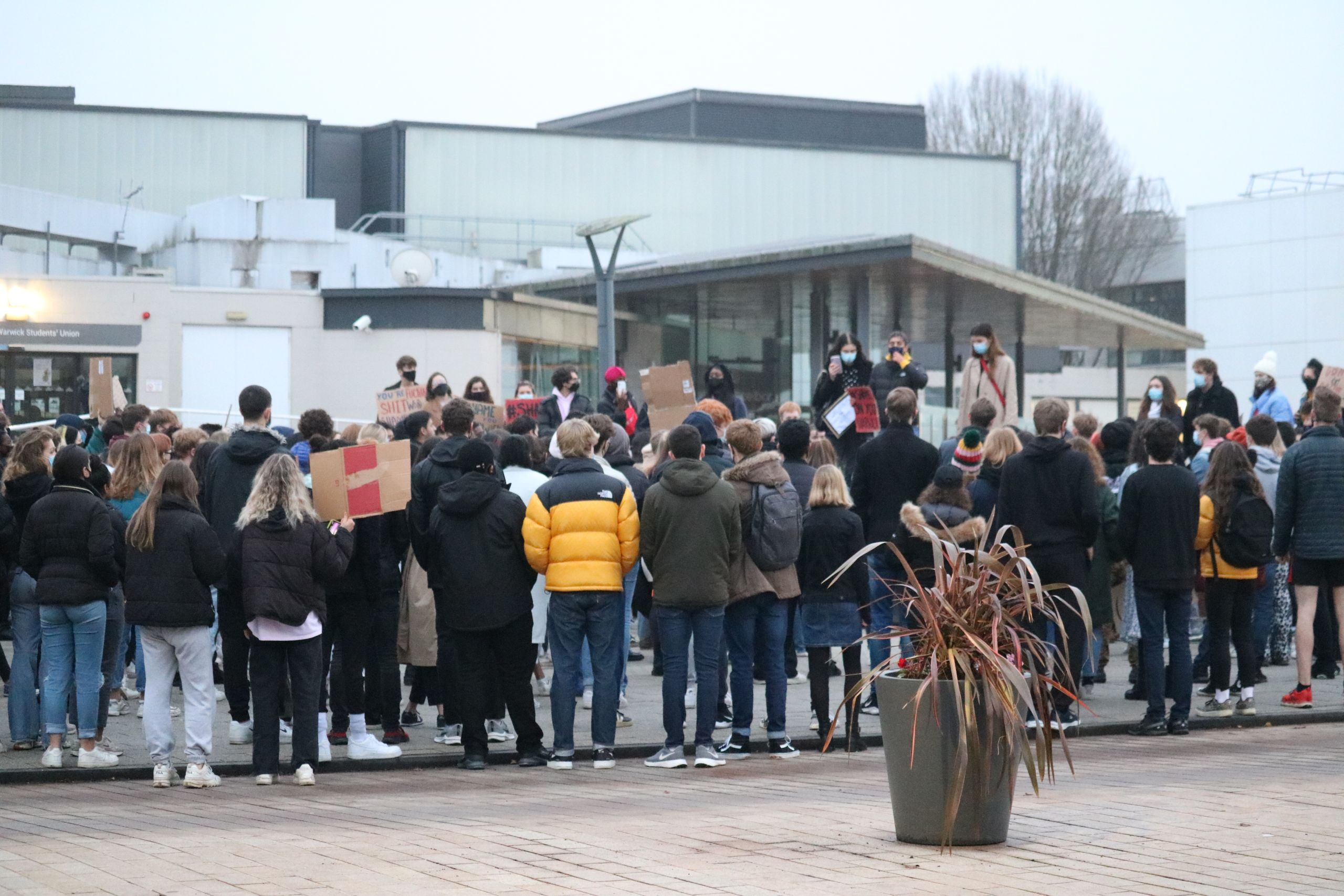
Warwick, unlike many other universities, uses the term sexual misconduct in lots of literature to refer to incidents of sexual harassment and assault, instead of the phrase sexual violence. Why is that?
Image: The Boar / Nick Alford
Image: The Boar / Nick Alford
Background image: The Boar / Nick Alford
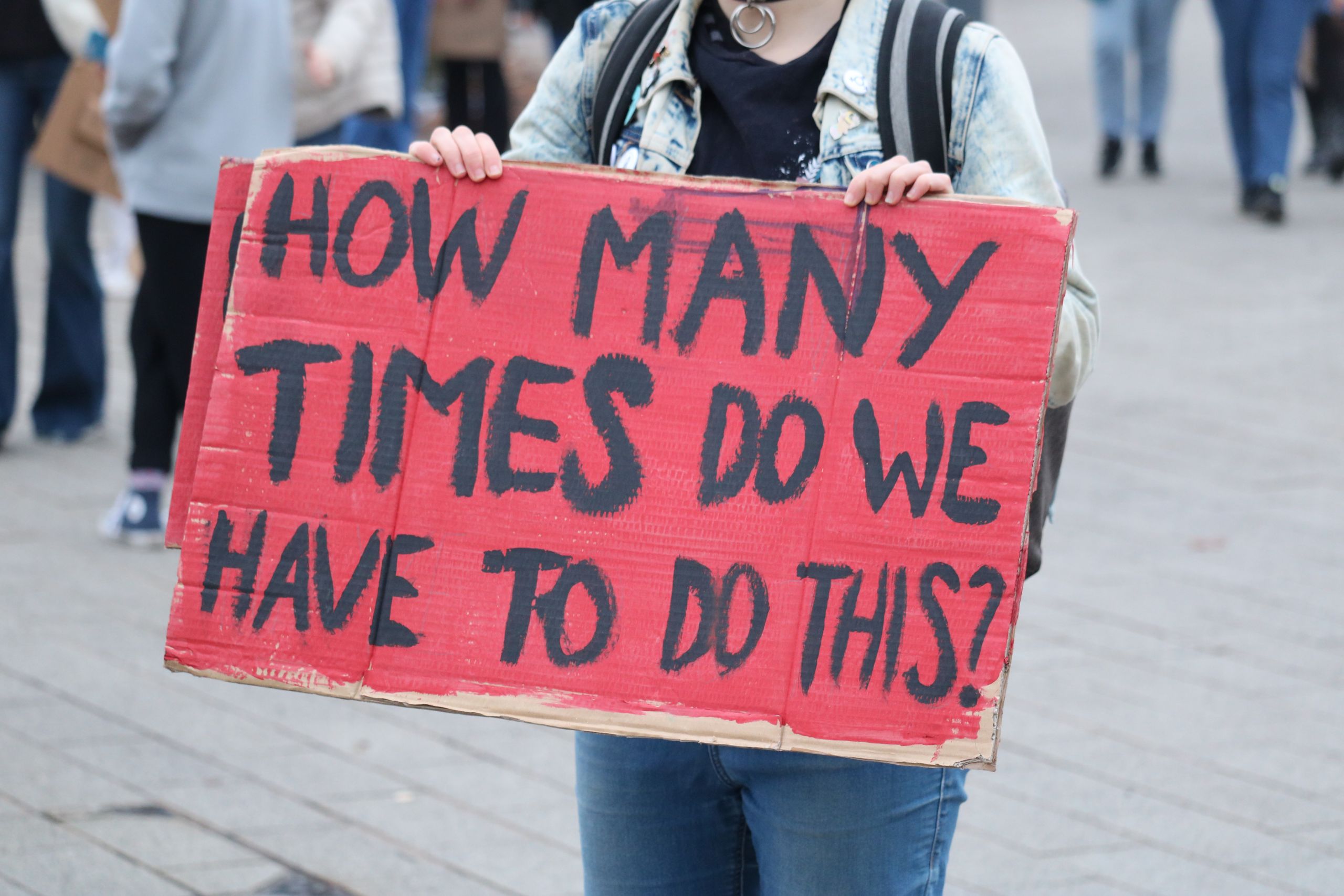
Why did the University change its mind on adopting the IHRA definition of antisemitism?
"So last year, we had a statement of where we were in not having adopted something because it had not been raised. And from that period of time, there have been extensive engagements with in particular our Jewish society, who have made a whole series of arguments and brought a whole series of pieces of evidence about how, if it is the case that we as a community, are committed to inclusion, we must extend this to Jewish students.
So after a lot of discussion and work, which I think probably to be fair would have moved faster if it had not been for Covid, we came out with a view that we were going to recognise the IHRA in the light of everything that was being said.
I think it's one of those cases where universities are evolving creatures, evolving communities. And we've evolved on this issue across the course of the year
We were adopting it as a way of policy alongside the right of freedom of speech and academic freedom. But what this would mean is any complaints or allegations of antisemitism, a disciplinary tribunal would take account of that definition. It does not mean that you would not have a debate about freedom of speech as well. But alongside that, that definition would sit there.
For all chairs and panel members, hearing cases around antisemitism, there is now mandated training about what antisemitism is and means and how it can be spoken. There are Expert Advisors that will be made available to advise any such panel.
In a lot of this work, we have been working closely with our Jewish society. So I think it's one of those cases where universities are evolving creatures, evolving communities. And we've evolved on this issue across the course of the year. "
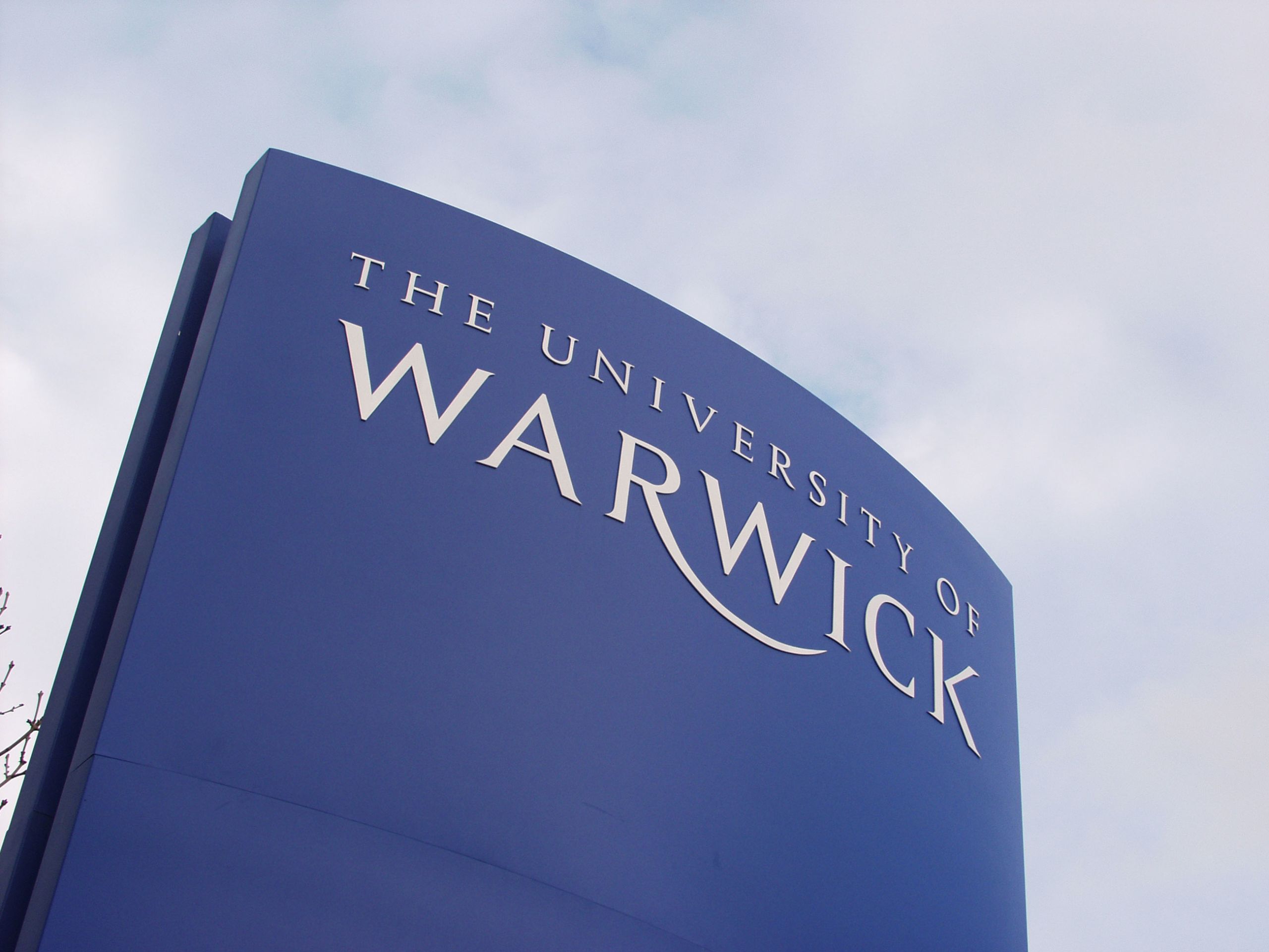
Image: Warwick Media Library
Image: Warwick Media Library
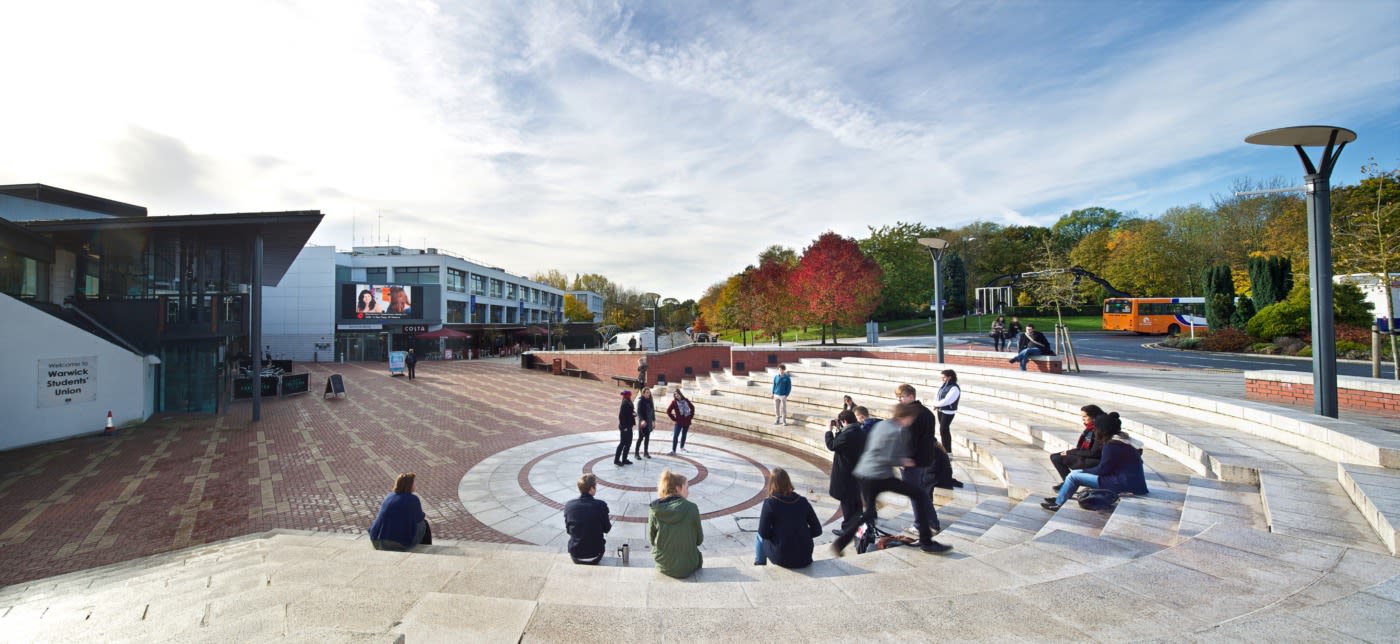
Image: Warwick Media Library
Image: Warwick Media Library
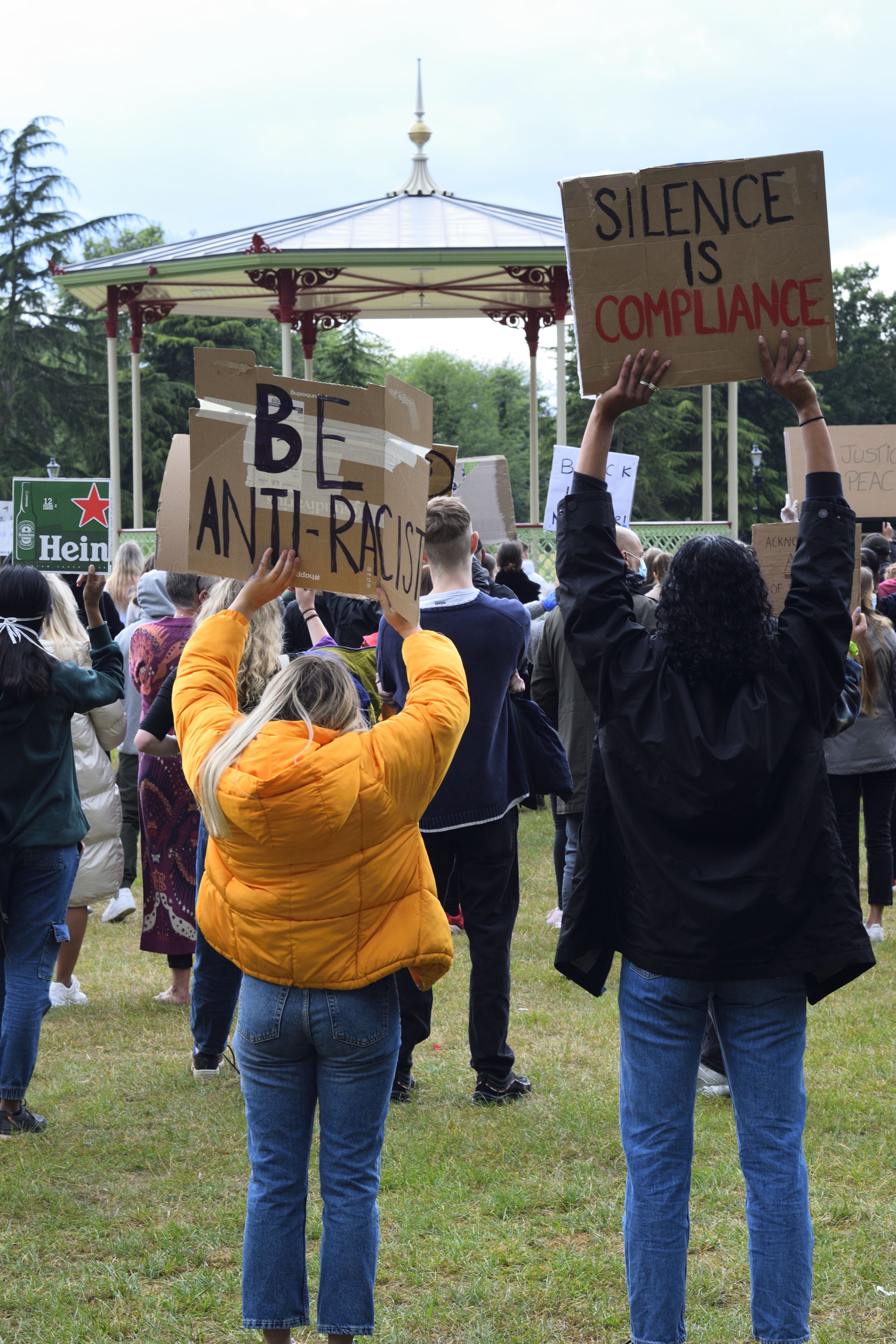
Image: Loic Verstrepen Sande
Image: Loic Verstrepen Sande

Image: Loic Verstrepen Sande
Image: Loic Verstrepen Sande
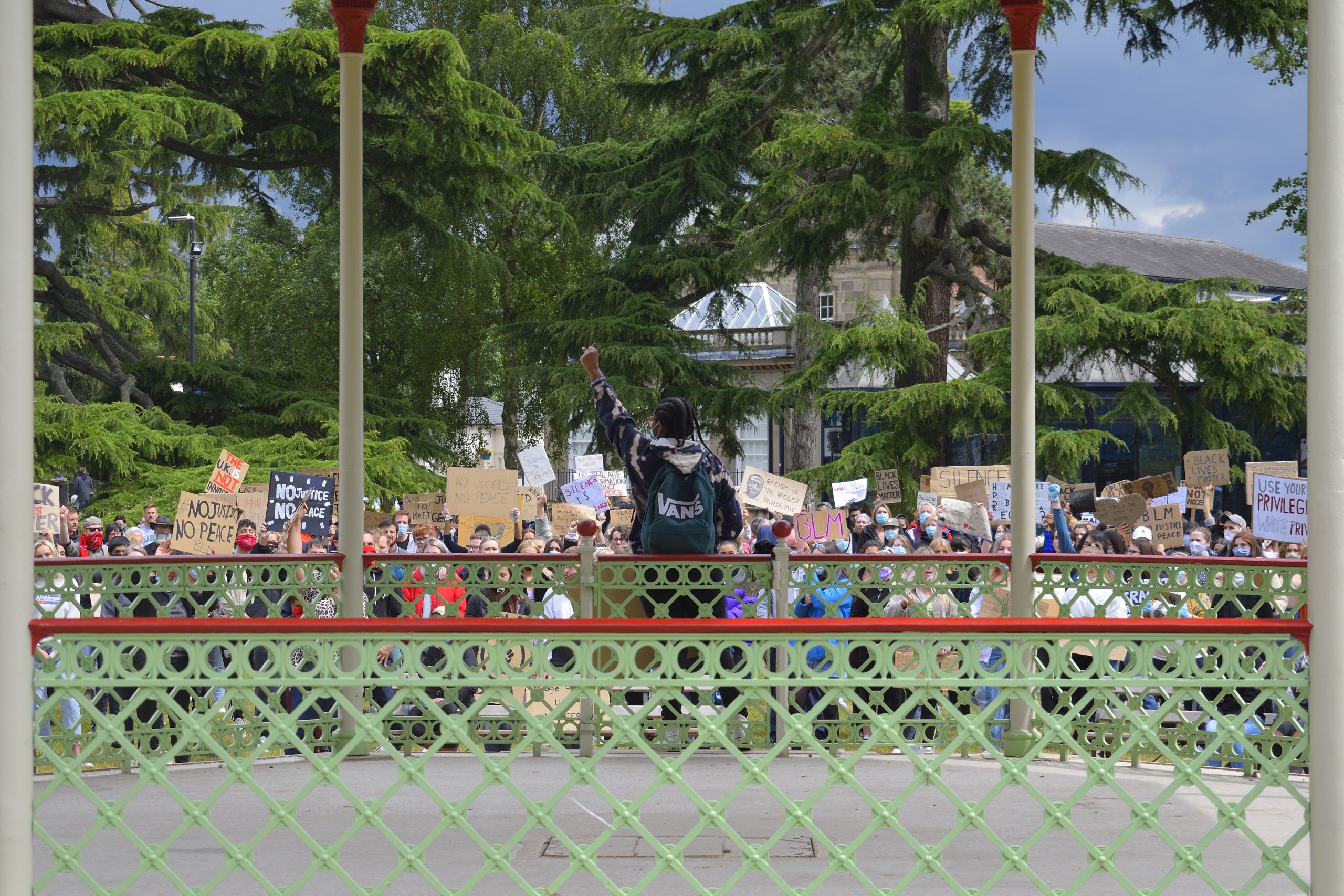
Image: Loic Verstrepen Sande
Image: Loic Verstrepen Sande
Following the Black Lives Matter protests this year, how will the university respond to demands for a new complaints system for racist incidents, and the adoption of a formal definition of racism?
"Universities are evolving, and emerging communities in different sorts of ways. We have got at the moment, a lot of discussions, as you all know the Race Equality Task Force is working this sort of space, a lot of other debates and discussions are going on. We are looking to listen, and to engage and look to respond, probably at different speeds because those are different sets of tracks.
There are different sets of issues ongoing, but I understand the point of putting them all together in terms of how we as a University do not only respond to Black Lives Matter, but that whole movement becomes something that is part of the mainstream of the University and not something which is bookmarked as a 2020 thing, it's got to be part of what we are as an institution moving into the next year and beyond.
What we see is growing numbers of black students in the University, and that's a great and welcome thing. And it means there'll be more voices across the University that we can listen to engage with, as well."
Students from Hong Kong are still speaking out to us that they are being targeted and intimidated by other Warwick students that are part of the Chinese Students and Scholars Association: what is Warwick doing to protect these students?
Image: Loic Verstrepen Sande
Image: Loic Verstrepen Sande
Background image: The Boar / Nicole Karageorgi
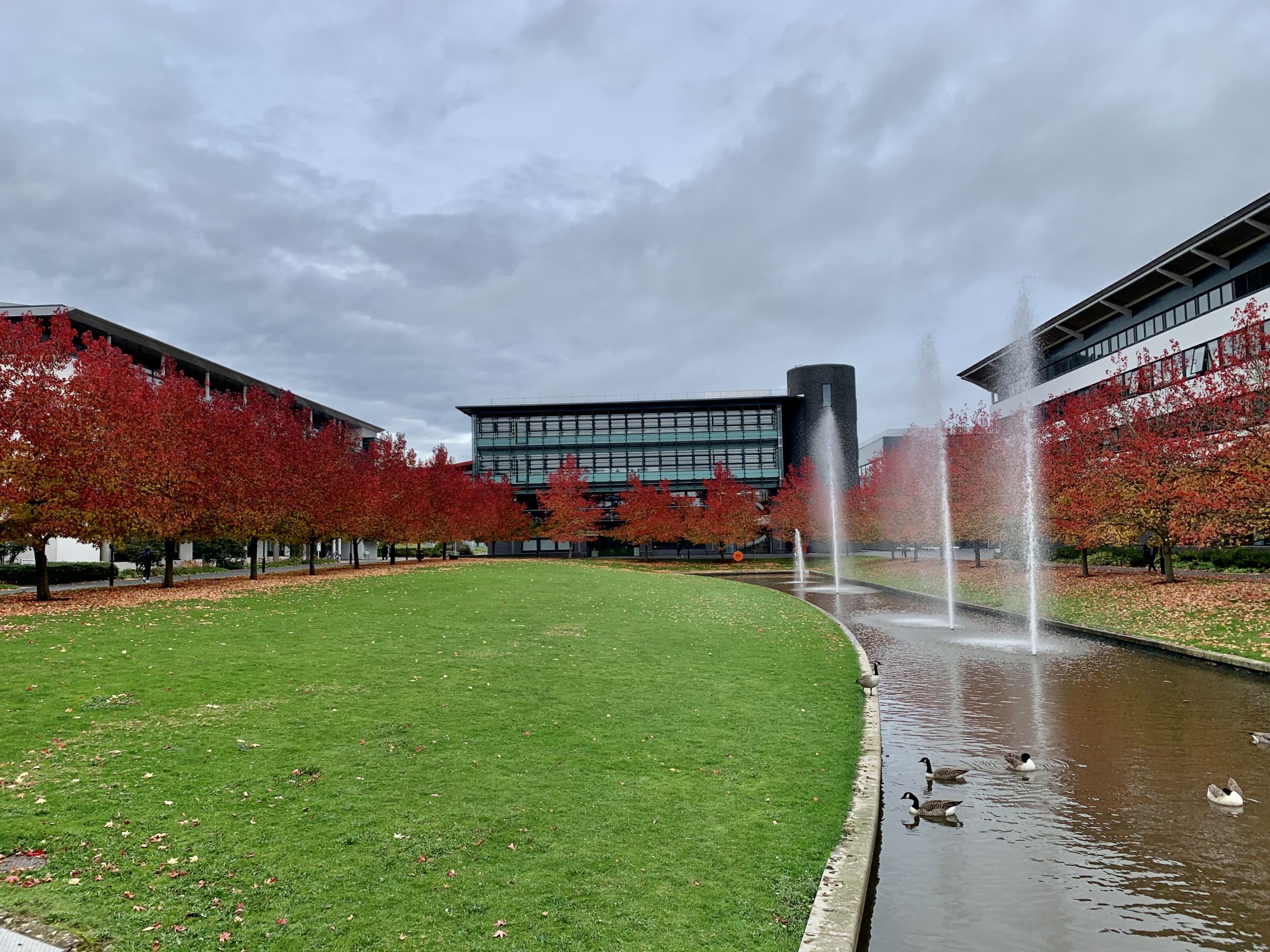
Why has the University decided to cancel off campus Warwick Accommodation, and what will replace it?
"So let me just go back into your question because there are lots of pieces there, which aren't quite right. So we are considering this move at the moment. We established this service to try to both help students find accommodation and also work to drive up the quality of the accommodation.
In the last few years, the amount of private accommodation for students has increased by extraordinary amounts. And it is now the case that there is quite a lot of empty private accommodation across, particularly Coventry that is not filled by students from either Warwick University or from Coventry University.
Students would still have a docking place, through Warwick Accommodation, to understand where there are private sector accommodation opportunities, and what kind of work is going on with local authorities around that if there are any issues
The other thing is that since, the last few years anyway, we are collectively much more engaged with our local authorities, in terms of the support for driving up the quality of accommodation and for calling out landlords, frankly, whose behaviour is not really satisfactory.
So what we're thinking about at the moment is moving towards an advertise-only scheme. So there would still be something there for students, students would still have a docking place, through Warwick Accommodation, to understand where there are private sector accommodation opportunities, and what kind of work is going on with local authorities around that if there are any issues."
This has been an incredibly difficult year for everyone, with many people losing the ability to pay their rent. In light of this, will the University consider forgiving the debt of students who took part in the rent strike?
Image: Wikimedia Commons / Vauxford
Image: Wikimedia Commons / Vauxford
Background image: Warwick Media Library
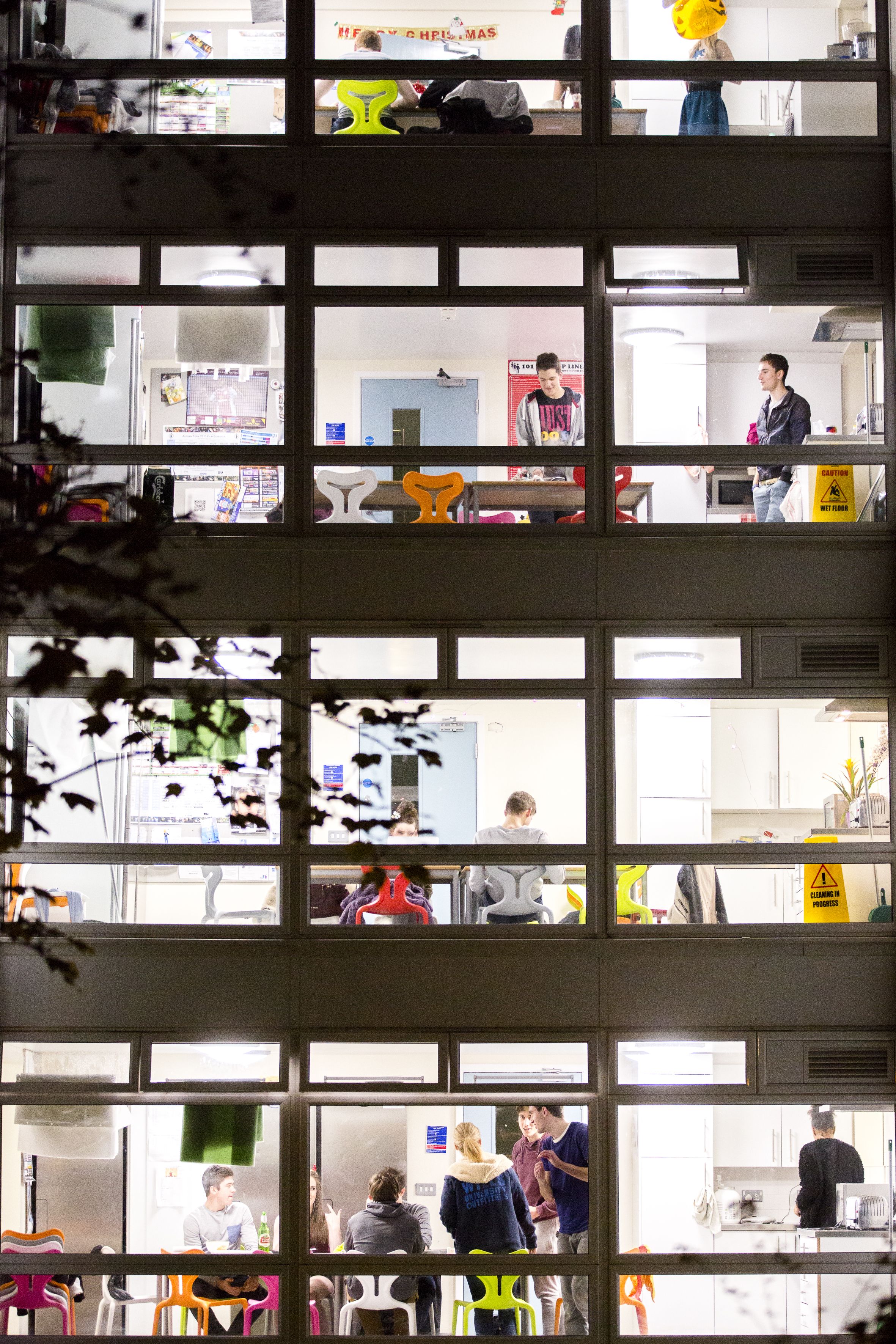
Given the lack of extracurricular activities and reduced socialising opportunities due to Covid-19, do you believe that first-year students received the same quality of University experience as previous years?
"It's a different quality of experience, I couldn't possibly say it's the same quality of experience. For all the reasons that you've set out.
And what we've had to do is, of course, follow the government guidelines. And there are two sets of government guidelines, one about the education and one about social interaction. So on education, the Department for Education has set out four tiers of operation. And the tier one, as it were, is to have blended learning as much as possible up to around 50:50.
We have studied with that tier one, as long as we possibly could this term, and we intend to do so next term. Tier two is where you reduce the face-to-face quite radically back. Tier three is where you only have laboratory work, class work, face -o-face, everything else is online.
What we are planning for next term is under the heading of Warwick Presents, a whole series of focused activities so that students will be able to engage much more with each other
Tier four is where everything is online, as you will have seen around the country and will know from from friends and family, many universities have had to go down that Department for Education set of tiers through two and through three, quite a long way.
There are students who have had no opportunity to have any face-to-face teaching at all at other universities.
We have committed ourselves to be at tier one. Now you're asking about the second set of tiers, which of course, are the tiers that have been brought in across different regions, and what it is that we can and can't do in terms of social distancing because of that.
Our argument has been that certainly for Warwickshire, but actually also for Coventry, we should not now be sitting in tier three.
The data does not support it, we should be sitting in tier two. Tier two gives us more opportunity again, as you well know for the kind of extra-curricular activities.
So we are making those arguments, looking from the lessons of this term, where certainly things have been more restrictive, on a regional and national level, than we expected.
What we are planning for next term is under the heading of Warwick Presents, a whole series of focused activities so that students will be able to engage much more with each other. We've just had results from our student survey for this first term and where we can see some very positive responses for blended learning.
Of course, students are telling us there's not enough social interaction, but we are constrained by what it is that we must do in terms of government restrictions.
We're also constrained of course, because of the rules and regulations around self-isolation. And I think if there's one thing that has been perhaps the most painful is the significant number of students who have had to self-isolate.
And that's been obviously very difficult for students who've done this. And I have to say here, that the way in which students engaged with that self-isolation was fantastic."

Image: Warwick Media Library
Image: Warwick Media Library
Given that students missed a lot of teaching last academic year from strike action, and during term three, and now with students experiencing online teaching, will students ever see reimbursement for the teaching they've missed?
Image: The Boar / Abbey Parker
Image: The Boar / Abbey Parker
Background images: 1. Pixabay 2. Loic Verstrepen Sande

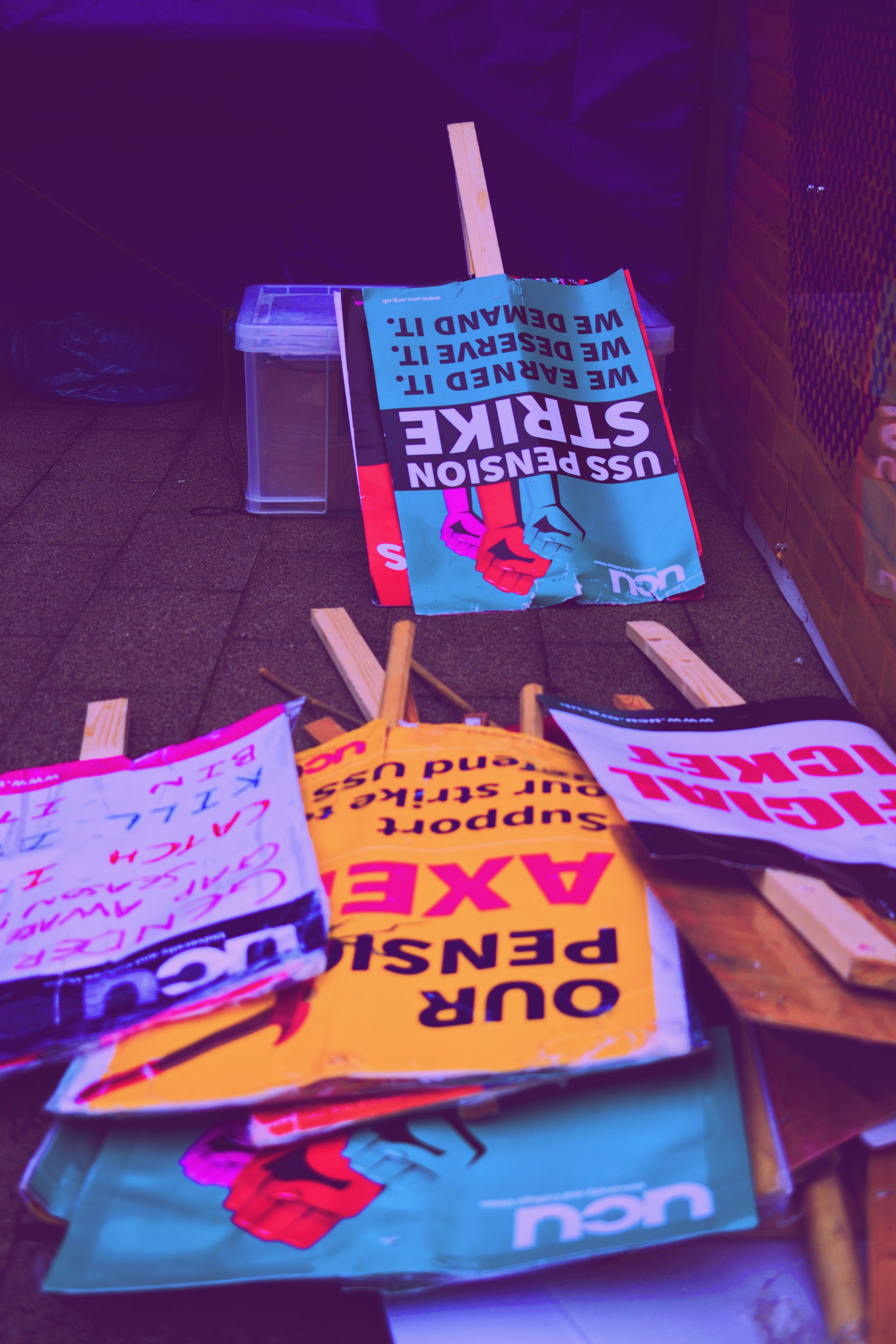
What is the University doing to mitigate the effects of Brexit for EU students? Is the University planning to raise tuition fees for EU students after Brexit?
"So unfortunately, we are required to raise fees for new students arriving from the EU in the future. There is no longer going to be a category for students from Europe, which allows them to have a fee status nationally, alongside home students. So EU student fees will rise to international fee levels, because by definition in Brexit, Europe is international not local.
What we have done is we are establishing a global scholarship scheme. It is a global scheme. But clearly it will give opportunity for European students as well to apply with certain sets of criteria to have reductions in those international fee levels.
I think, to go back to your first question, I'm really worried at the moment. We are days away from not only the worst case, but the absolute worst case of a no-deal Brexit. What I'm really worried about is when I say the absolute worst case is not just no deal, but a whole series of escalating countermeasures, one side against another.
It's moving really fast, it's really quite difficult to have a very clear statement today, but what I can promise you is that as things emerge if they do have short-term impacts upon our students, we will be sharing that information with you, and we will be seeking to at the very least mitigate the impacts of those."
Image: Unsplash
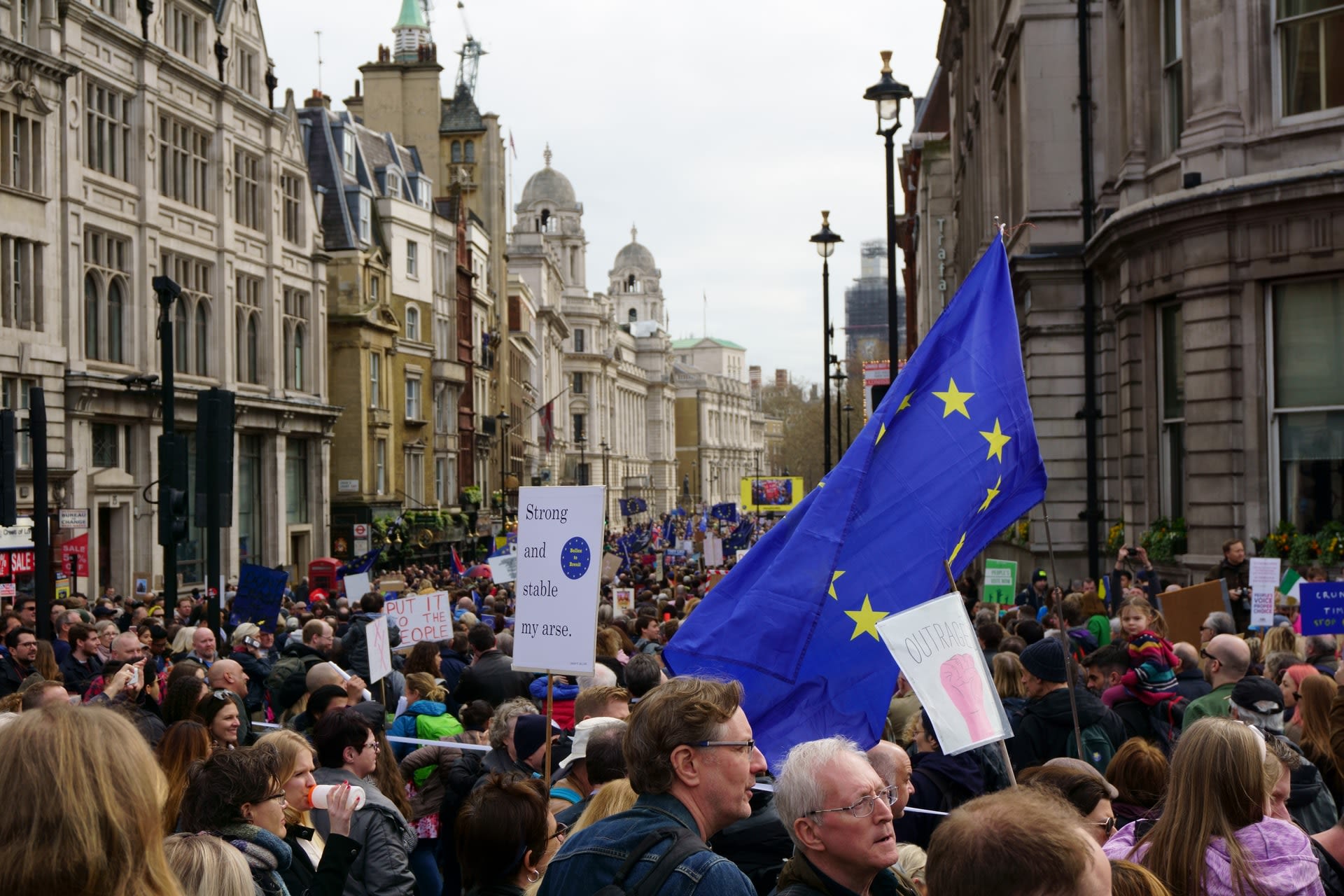
Has the pandemic affected any of the University schemes/plans to create a campus with net zero carbon emissions by 2030? Will there be a delay and, if so, when will we know?
"There is no delay. We will be bringing forward, in early January, we were looking at the final kind of sets of proposals on Monday, on the environmental and social sustainability strategy. This is the work that comes out of the declaration of climate emergency. It is premised on where can we decarbonize quickly to hit that 2030 route.
I'm personally not quite sure where the global climate change agenda is. We have quite a bit of land in Warwick district, quite a lot of that land at the moment is is rented out for farmland.
One of the things I hope we're going to be discussing next year is how we can turn that into a park area with more diversity with also the possibility of generating green energy in some of those parts of the land as well. So this can become a bit of a lung really not just actually for the University, but for the city and for our region.
Through our estates committee, we've also already done quite a lot of work in looking to see where there are nearer-term answers on decarbonisation. It's going to affect our buildings, it's going to affect our behaviour. And of course, that's the crucial piece. It’s always very easy, isn't it, to talk about materials, so it was much more difficult to talk about behaviours."
Background image: PxHere

Parking fees on campus have increased considerably to pay for an “innovative” new transport system on campus: are there any specifics on what this may be?
"If we're going to be, as a community, serious about decarbonisation, we have got to have fewer petrol-driven vehicles coming on to campus with one person in them. So we need to have a whole series of things developed going forward. So one thing is around electric. This is a University which is really at the forefront of developing batteries for vehicles in the first instance but those batteries then have second and third lives as a wider process of green electrification goes across the country.
Secondly, we have a lot of plans about how we will engage with the real important government commitment of effectively the abolition of the internal combustion engine by 2030.
One of the big things we're working for with our local stakeholders is the creation of a Giga factory. This would be the first one in the country, it would be purely about large scale, producing those batteries, first for the cars then for wider use. I cannot emphasise too much how critically important this is.
If we're going to be, as a community, serious about decarbonisation, we have got to have fewer petrol driven vehicles coming on to campus with one person in them
The other thing I just want to share with you is one of the things we're working on really hard again, it's technology being developed in this university is a very light rail system. I am personally a passionate believer in very light rail systems, metro systems, but light, not heavy.
We're involved in a plan that is run by Coventry City Council, endorsed by the West Midlands combined authority, funded by government to take the pilot scheme which is actually running on track in Dudley and to bring it to develop it across our region. And our University should be the first beneficiary of that, taking us from our campus through to Coventry rail station and across to the hospital in the first phase.
Finally, we're working incredibly hard on a heavy rail station, so a University of Warwick station that would sit between Kenilworth, and Coventry to enable students from Leamington to have the opportunity to switch onto a non-petrol option to bring students from that rail station across onto campus. So actually across the transport space, there's a lot of ambition there, there has to be because actually, if we don't do that, we can't hit our decarbonisation targets."
Background images: 1. Pixabay 2. Warwick Media Library
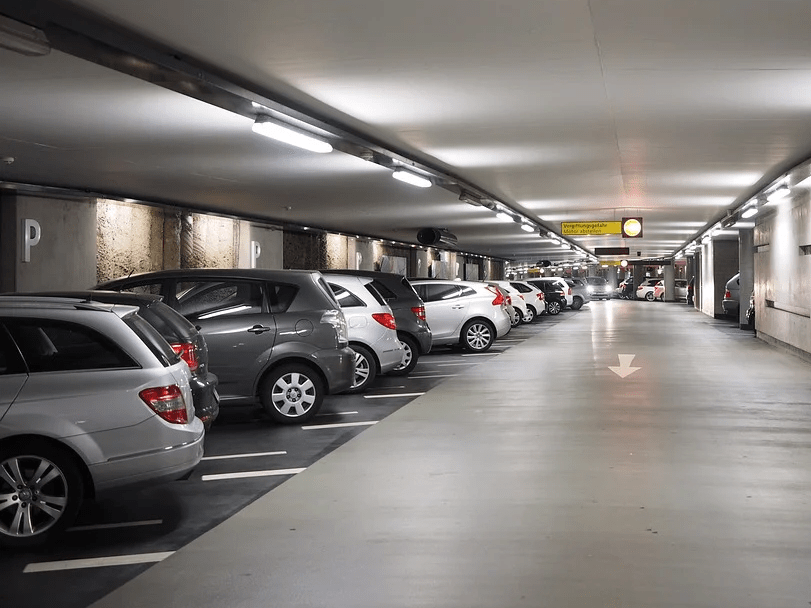
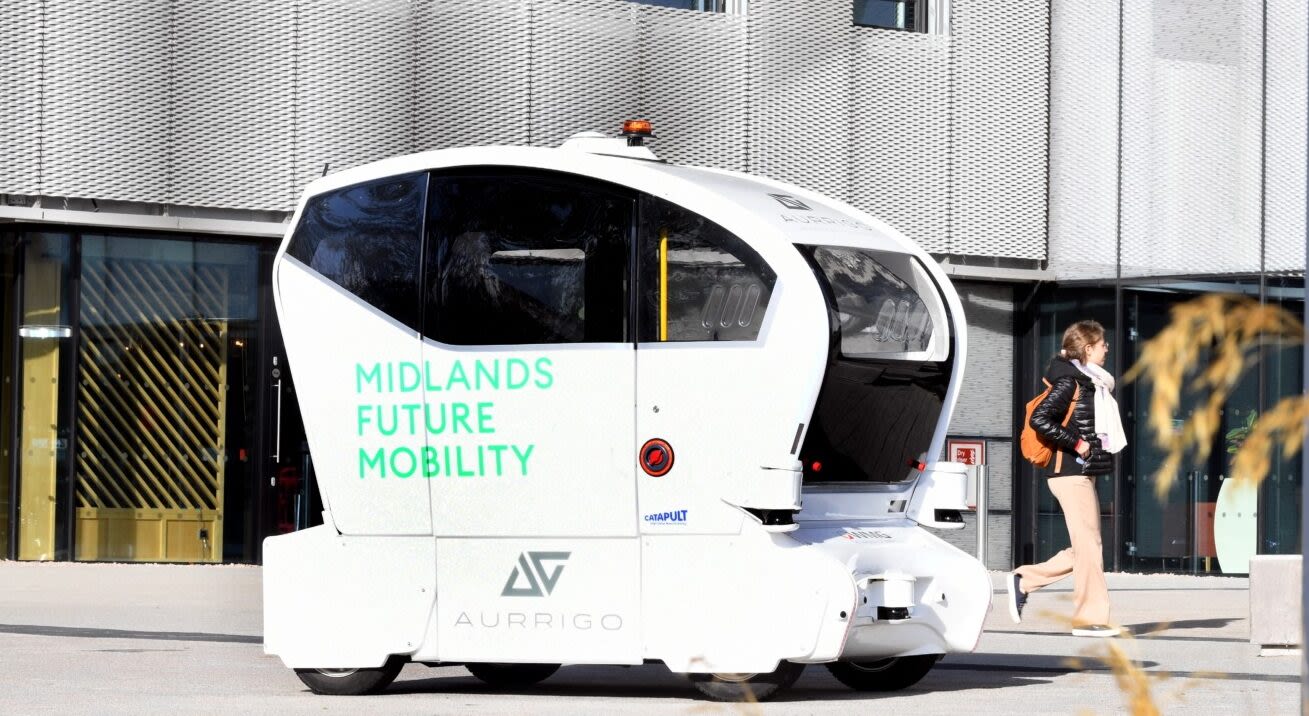
Would you say the wellbeing resources at the university are able to cope with the increasing demand as a result of the pandemic when these were already stretched by the increasing student population?
"We've increased the number of staff in wellbeing support services, over 40 now, we've increased the budget to somewhere around two and a half million as we've developed those services over the course of the year, the level of demand for support has increased in the University.
You may not know that we, alongside other universities in Universities UK, have been talking to government about whether there's sufficient appetite to provide some relatively short-term financial, additional support. Signs aren't great. But that's one of the the avenues that we're looking at.
If we think forward into next year, what I'm hopeful of is that we can be slightly more optimistic about the way in which we will be living our lives as a community next year, and perhaps after January, through February and March. And hopefully, that some of that extreme demand will tail off a little, but it would be incredibly important if government would provide that additional support at this moment in time.
I think I would be able to say is that we're able to handle the demand at the moment."
When will the University release details about the Coventry City FC stadium plans, and will students - as key stakeholders - be consulted on the development?
"The second part is yes. On the first part, what we have to establish is the framework agreement that could be reached between the University and the football club. Within which, we have to say what it is we’re prepared to accept, in very broad terms.
Once we have that, then we’ll be able to talk with students, and other stakeholders, about what that will look like. I’m hopeful that we’ll be in a position to do that next term.
There are all sorts of reasons why that might not happen because of lawyers, viruses and all the rest of it. The plan is to have something around which we can have a consultation next term. I suspect no matter how interested students are in this, that student interest will be massively dwarfed by the interests of the supporters of Coventry City Football Club.
We are going to need to make sure that when we do this work of course students need to be involved, but we are open for that much wider and larger number of engagement across the city and beyond."
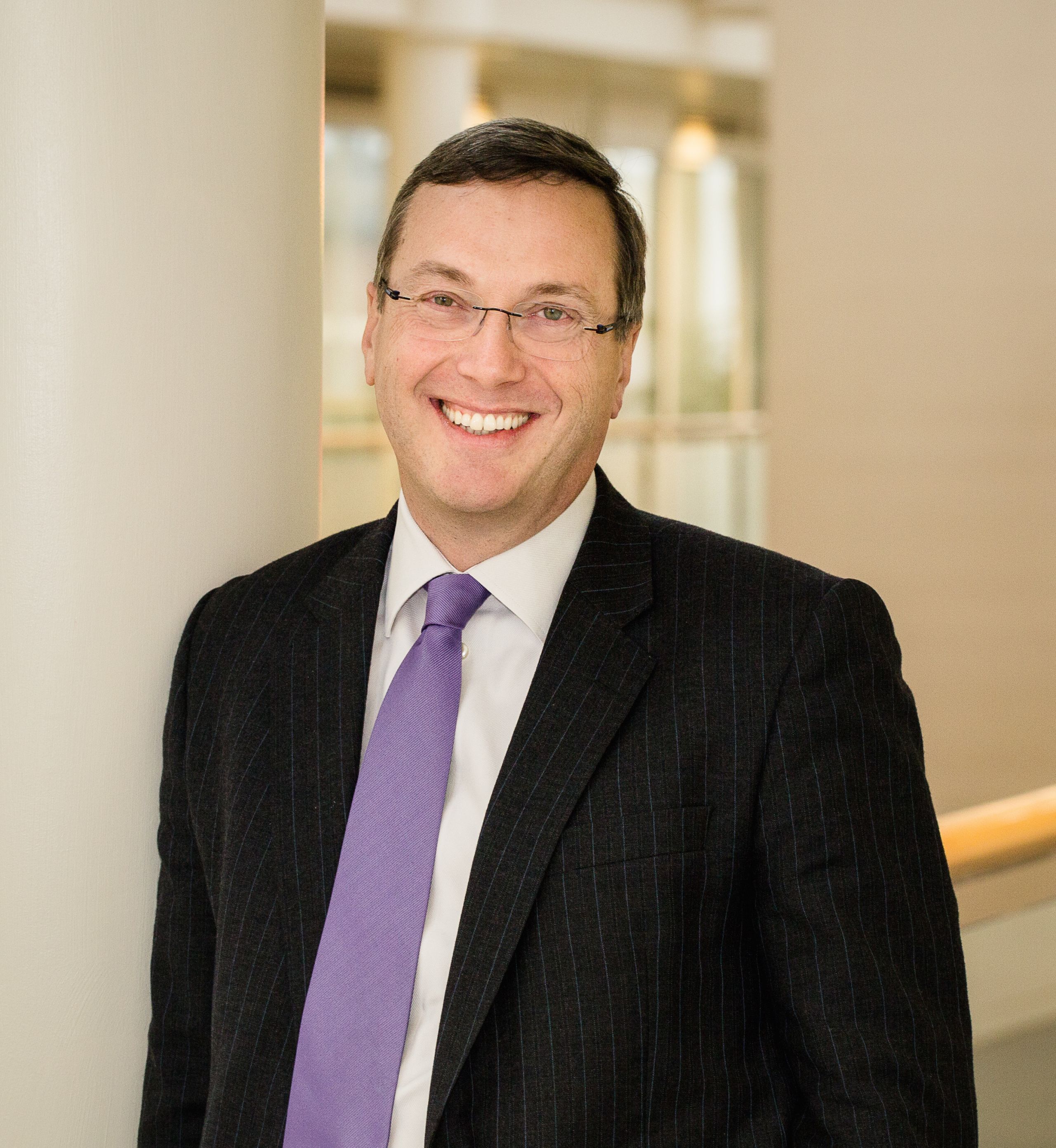
Image: Warwick Media Library
Image: Warwick Media Library
In light of recent events, do you see yourself still being Vice-Chancellor in five years' time? If so, what changes will you have made in that time and what is your desired legacy? And looking back at the past, is there anything you would do differently or anything you regret?
"I do see myself going through the next five years. I think what we are embarking on, by we I'm hopefully saying we the community, is really a process of change and evolution in a number of different domains. I’m really hopeful that collectively on the question you asked earlier, in terms of decarbonisation and climate change we’ll make really radical moves in the next five years. I’m hoping that in terms of the questions we started with around inclusion and diversity, we are a radically different institution in five years' time. Those are the spaces where I think that we really can, as a community, partly because of where we are in Coventry and Warwickshire, we can make some really big moves.
I would have to say my biggest regret this year has been having to cancel our degree ceremonies due to Covid. All graduates still received their certificates and supportive statements to share with prospective employers to endorse the degree they achieved during these exceptional times. But the ceremonies are such very special events where we can all come together with students and their families to recognise what students have achieved, and thank them for what they’ve given us. They show the best of our Warwick community and I’m really looking forward to being able to hold these celebrations again properly when Covid is safely behind us in 2021."
What are the plans for graduates from last academic year who were unable to have a graduation ceremony due to the pandemic?
"I desperately hope we can see a full graduation ceremony for students due to graduate this year. Let’s have some optimistic things to look forward to. It’s obviously going to depend on social distancing regulations. Patrick Vallance was not my favourite person yesterday when he said we’ll all be wearing masks and social distancing next winter. Let’s assume we’re not in that world and we can have our graduation ceremonies, that would be great.
When all this started I did promise everybody in the institution a party. This summer has got to be the time where we all have it
We’ve got a number of graduates who have their certificates and have moved on, but we want to have a celebration, we want to find a way of bringing those students back this summer if we can, into a place where we can do something, people can dress up if they want to. Something which is a focus ceremony, opportunities for groups of students to come back and have a party. When all this started I did promise everybody in the institution a party. This summer has got to be the time where we all have it."
Background image: Warwick Media Library
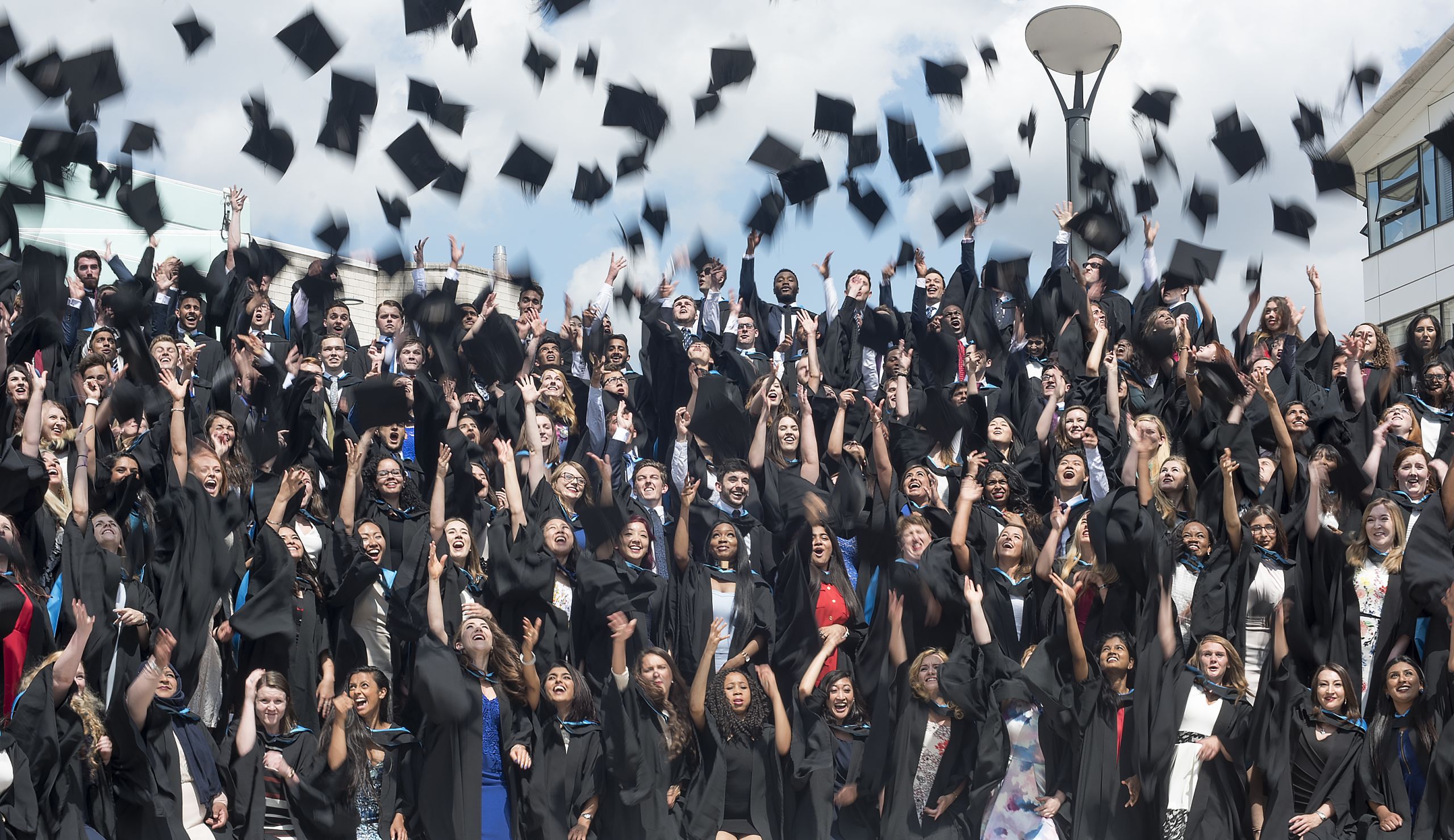
The full interview can be viewed here.
The full interview can be viewed here.